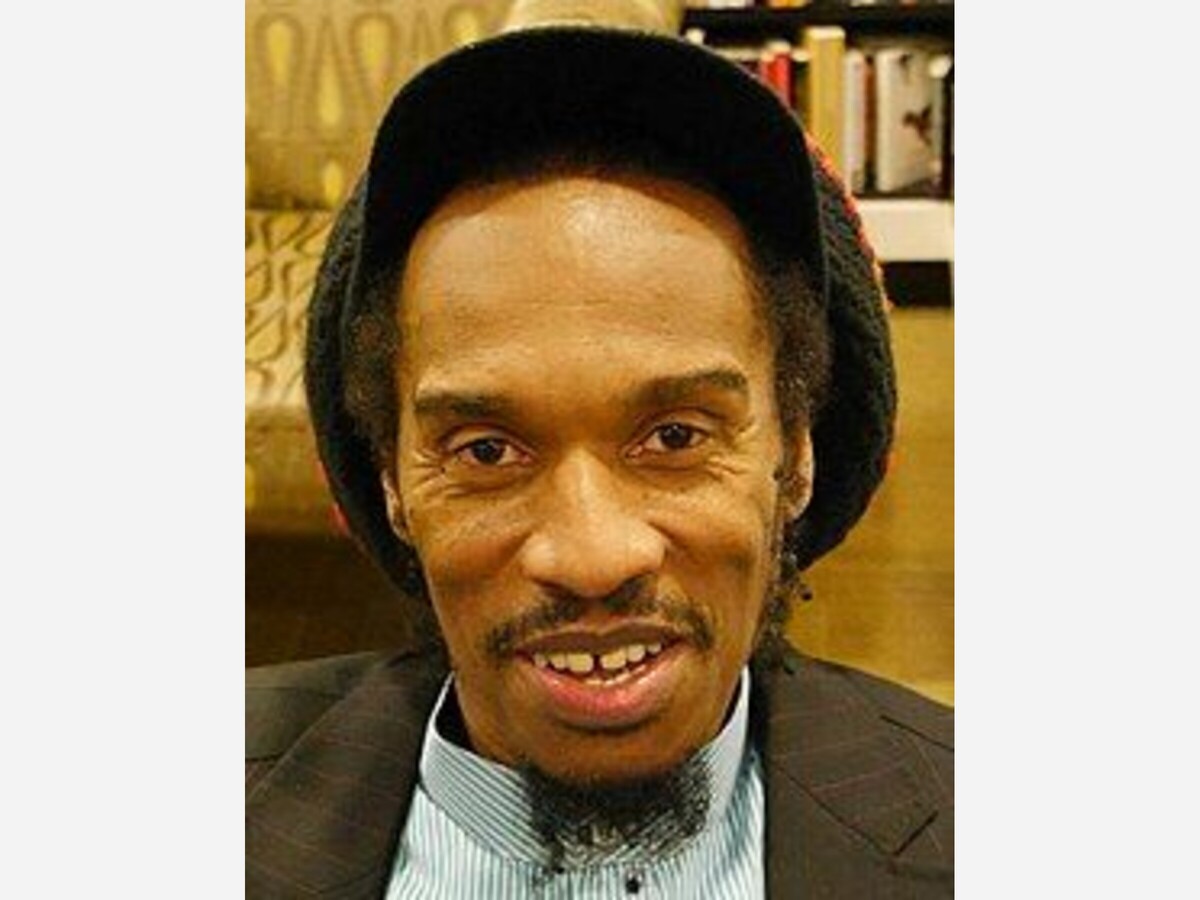Image


Benjamin Zephaniah, a British poet and cultural icon, recently passed away at the age of 65 after being diagnosed with a brain tumor just eight weeks prior. Born and raised in Birmingham, he emerged from a challenging background as a dyslexic boy who left school unable to read or write. Despite these early struggles, Zephaniah's journey took him from the Midlands to becoming a literary maestro, earning recognition as one of Britain's best post-war writers.
Growing up in Birmingham, he was immersed in the vibrant culture of reggae and the flavors of rice and peas, influenced by the sounds of sound systems. Zephaniah's life story was one of defiance against oppression, encompassing experiences that ranged from attending church to spending time in prison. His trajectory took him to London, where he found his voice as a poet.
In 1980, he published his first collection of poetry while participating in a workers' cooperative in East London. Despite leaving school with limited literacy skills, Zephaniah's books achieved considerable success, addressing issues such as racism, poverty, and social injustice. His impactful works resonated with audiences and found a permanent place in literature.
Zephaniah's poetry and prose served as a powerful commentary on the challenges faced by marginalized communities. A son of parents from Barbados and Jamaica, he responded to the social issues he witnessed in places like Bradford and Brixton. His poems, inspired by events like the riots, reflected a deep understanding of historical injustices and a commitment to social change.
The poet's early works drew on his time as a writer in residence in Liverpool, highlighting social disparities and encouraging readers to look beyond the surface of famous cities. Zephaniah, an outspoken vegan anarchist, fearlessly tackled issues of empire, race, and immigration in his chronicles of Britain's past and present.
Despite his critical stance on colonialism and conquest, Zephaniah expressed a complex relationship with British identity. Proud of the positive changes brought by diversity, he remained wary of fully embracing the trappings of the establishment. Rejecting an Order of the British Empire (OBE), he maintained his commitment to fighting against empire, slavery, and colonialism throughout his life.
In the aftermath of Brexit and the Windrush Scandal, Zephaniah continued to be a vocal critic, expressing deep disappointment and anger. As a National Treasure, he made appearances in popular shows like "Peaky Blinders," reconnecting with the streets of Birmingham and delivering his powerful messages.
Benjamin Zephaniah's passing leaves a significant void in the literary and cultural landscape. His family emphasized that he leaves behind a joyful and fantastic legacy. His impact on literacy rates within the black community, anti-racism efforts in schools, and his role as an entertaining actor and performance poet will be remembered for generations to come. Though he may be gone, Benjamin Zephaniah's words and legacy will continue to resonate, echoing his enduring commitment to justice and social change.
Image: Wikiwand